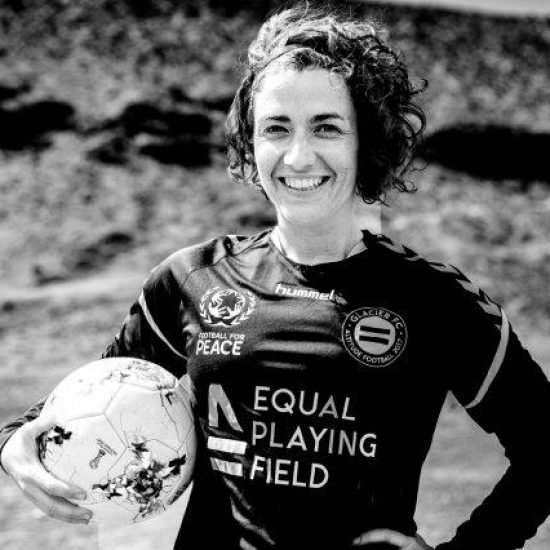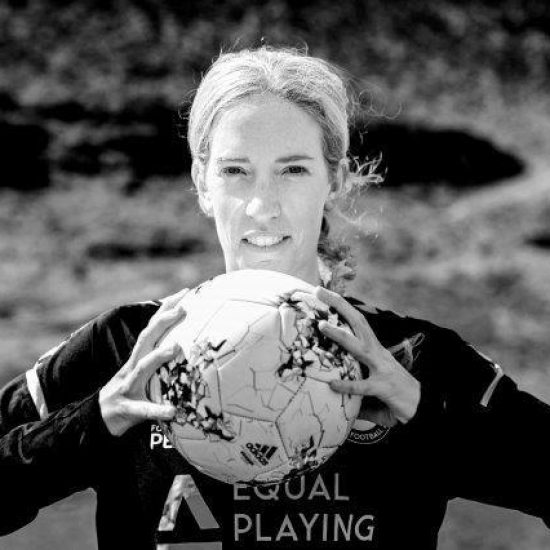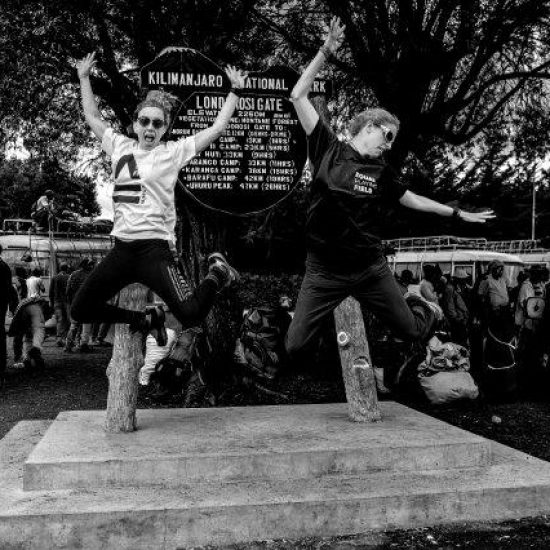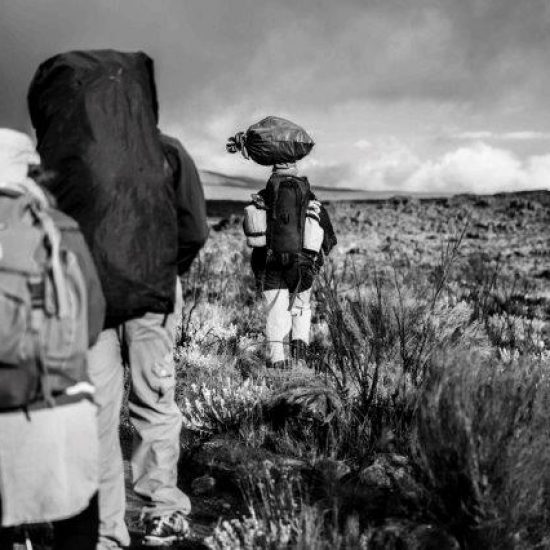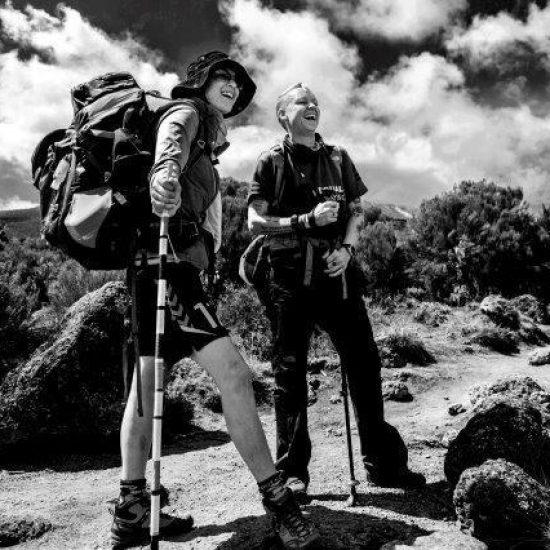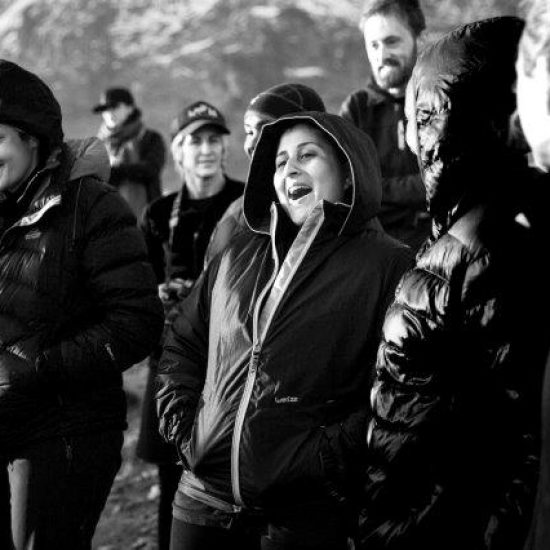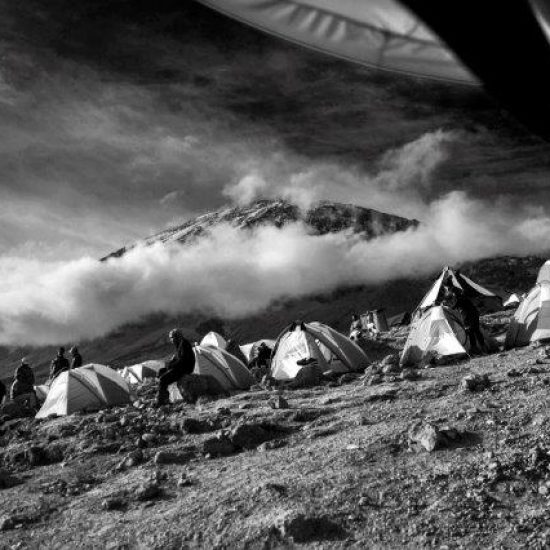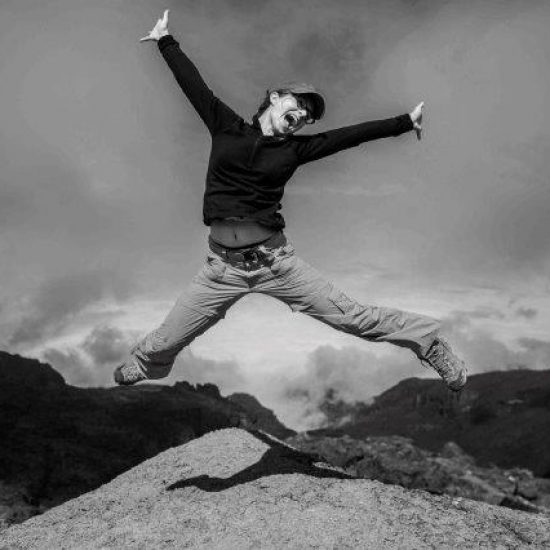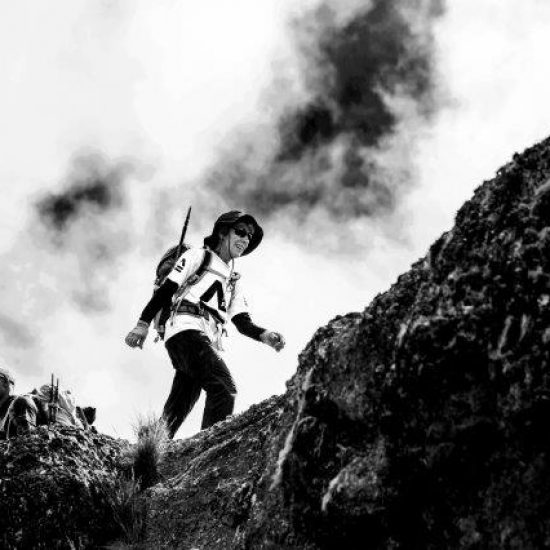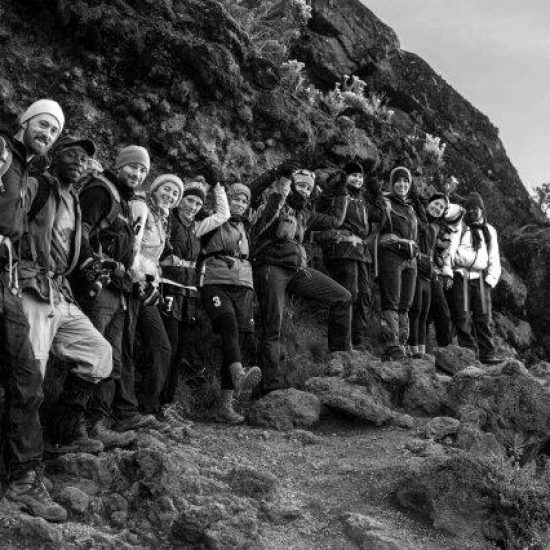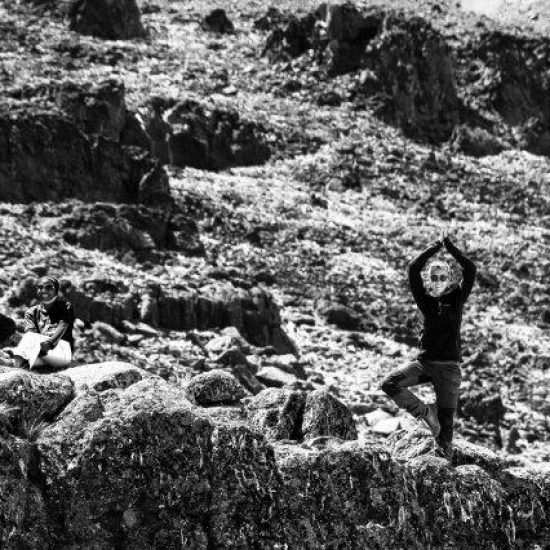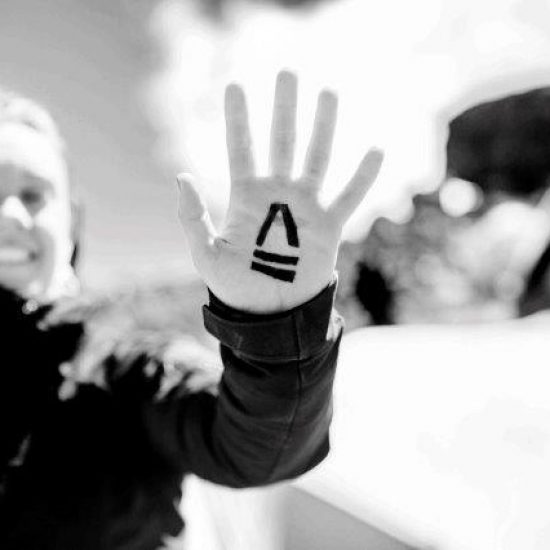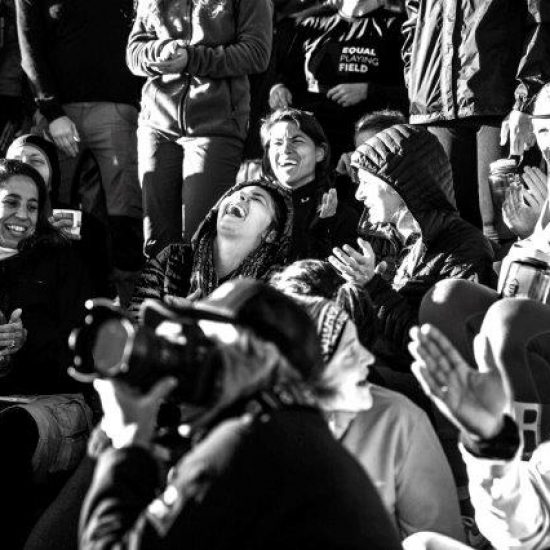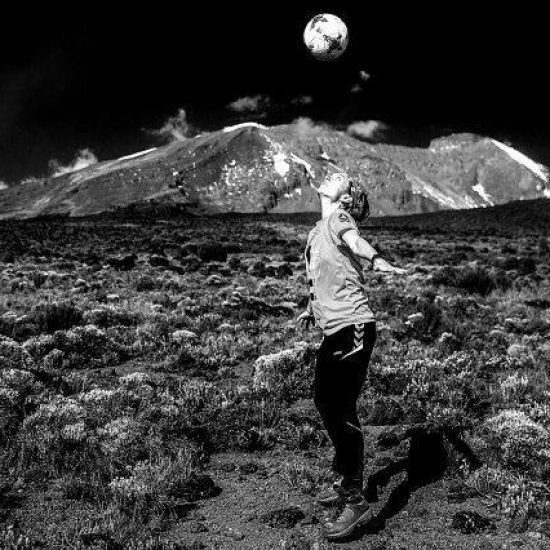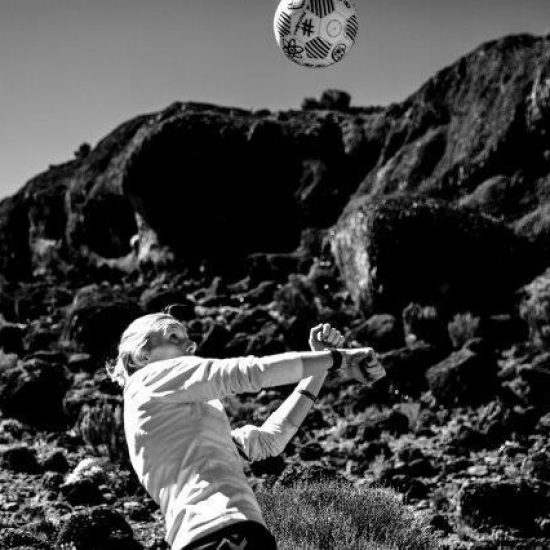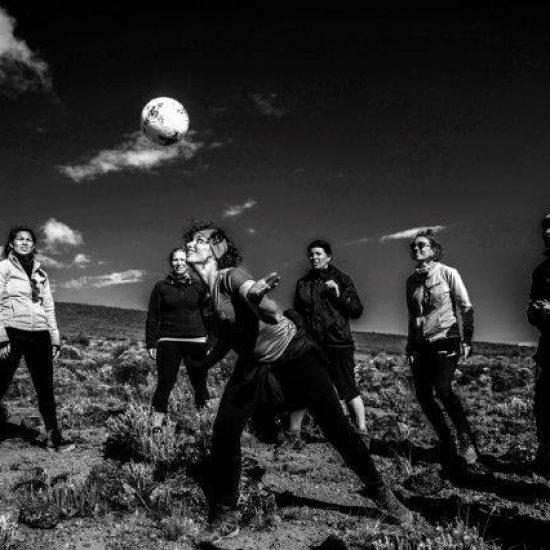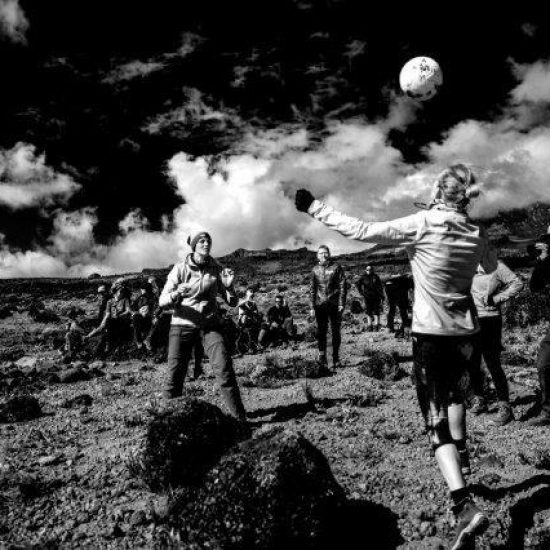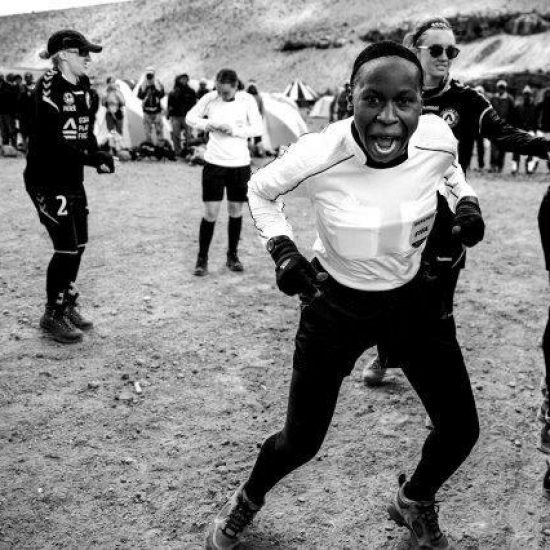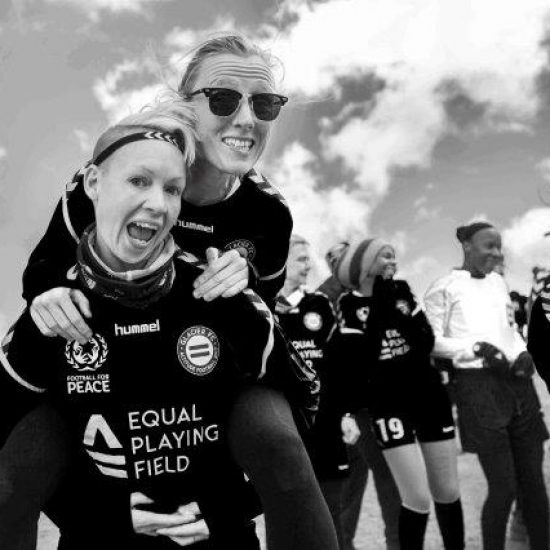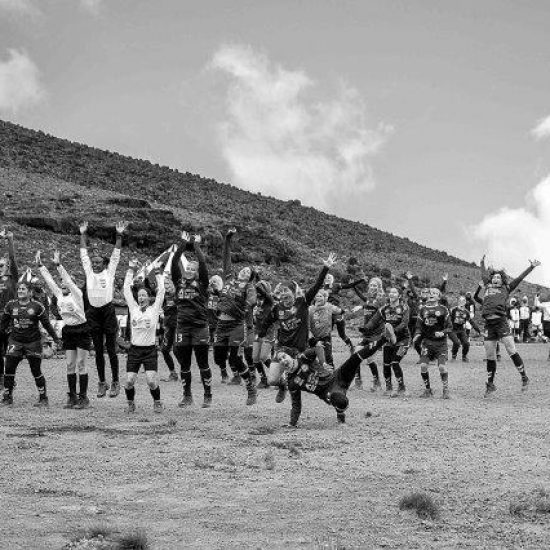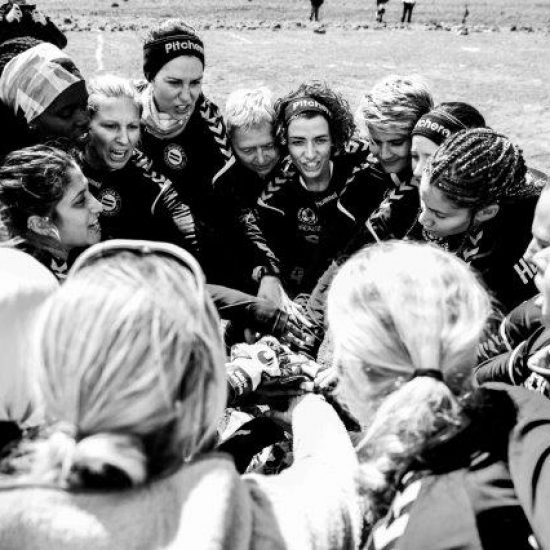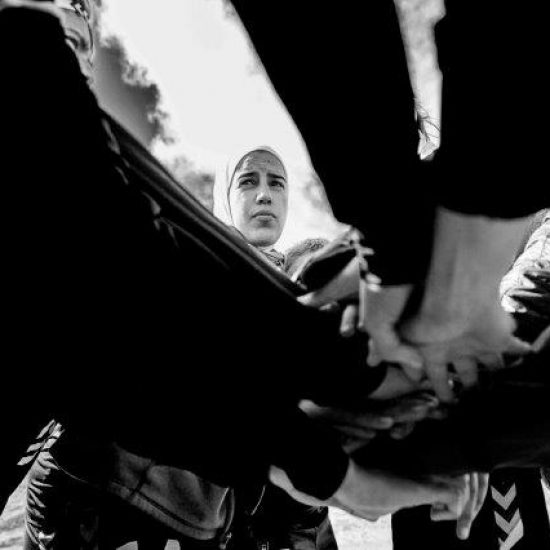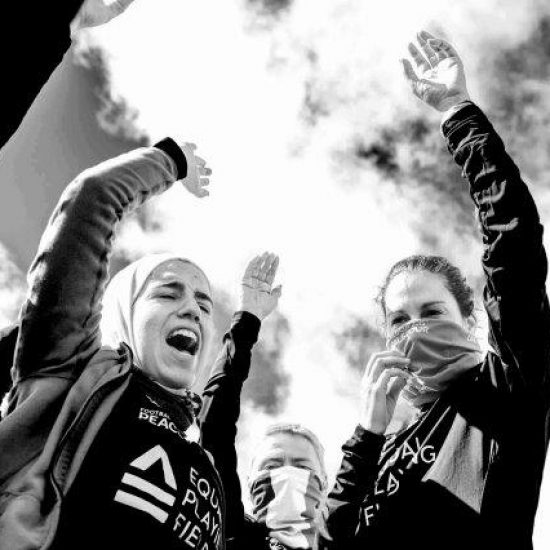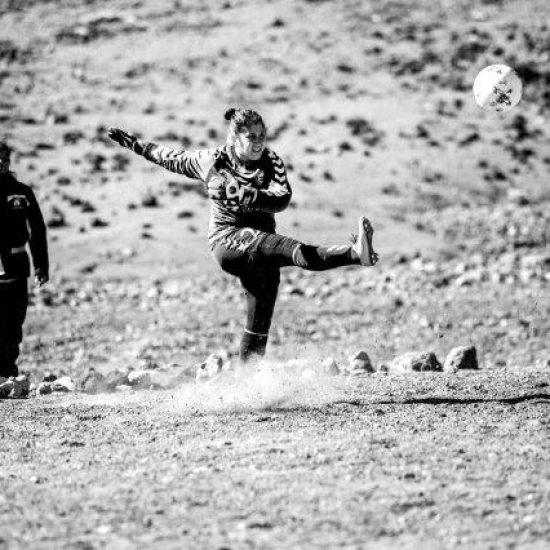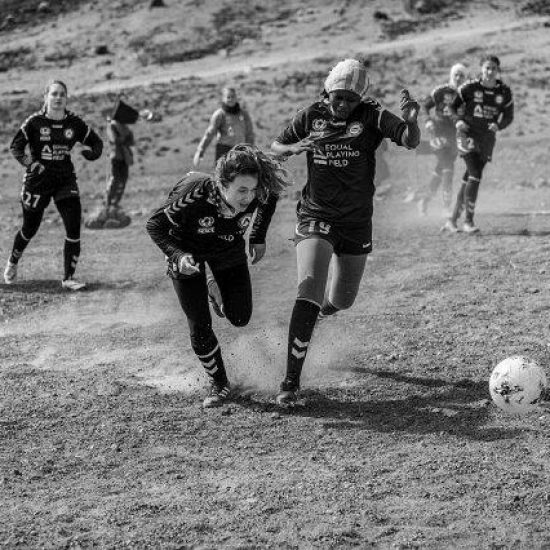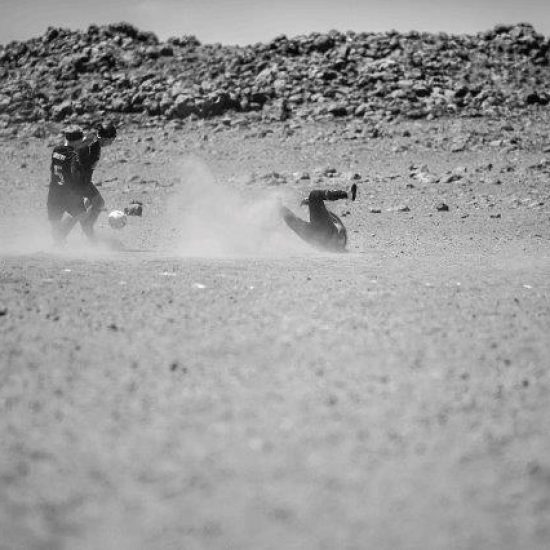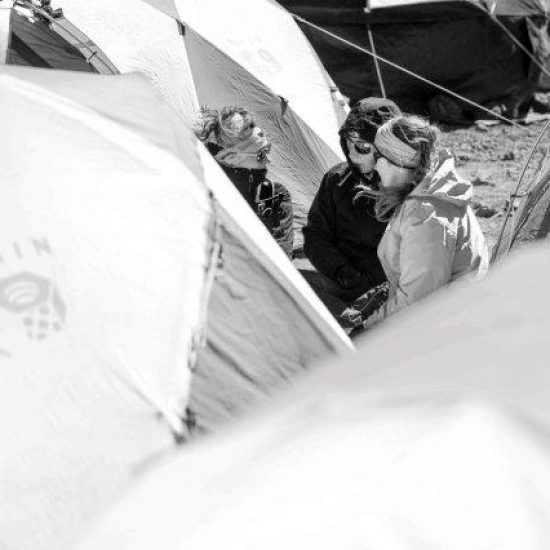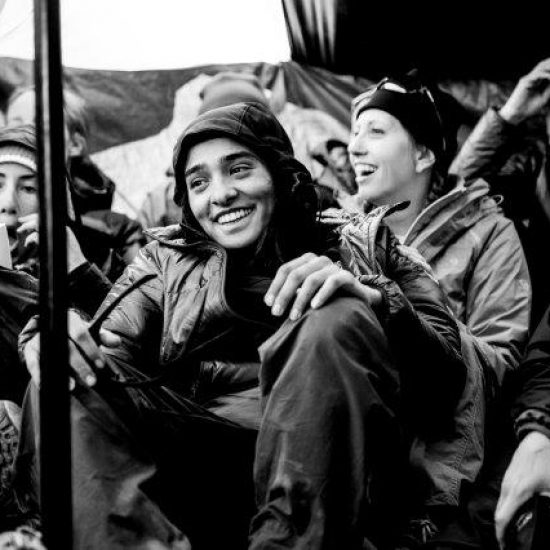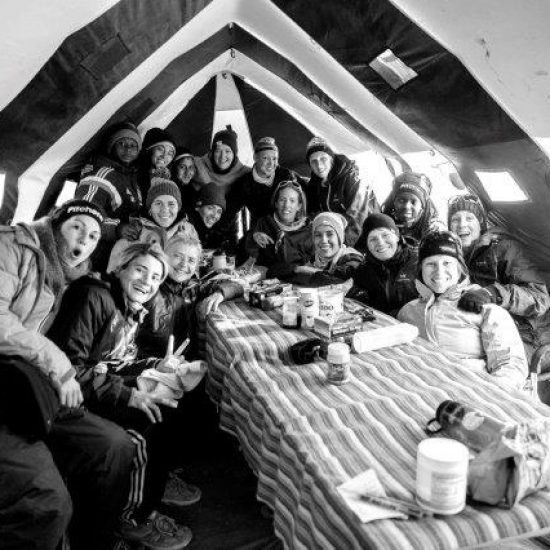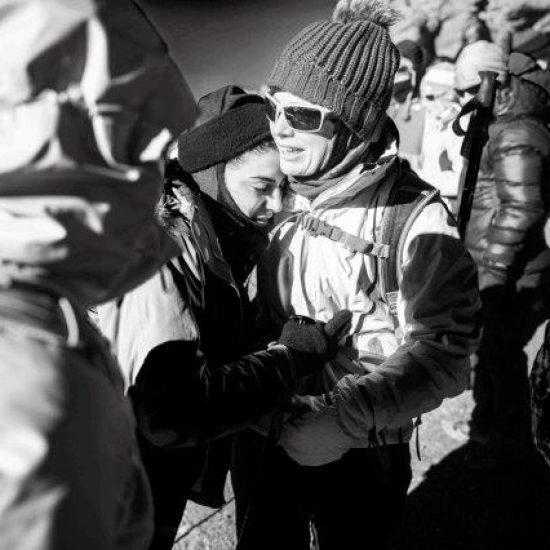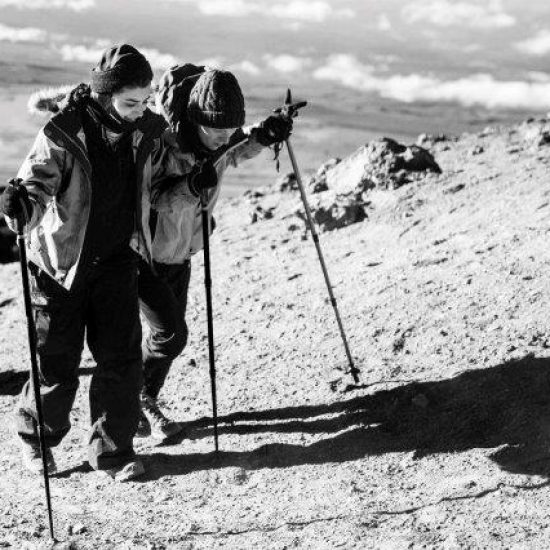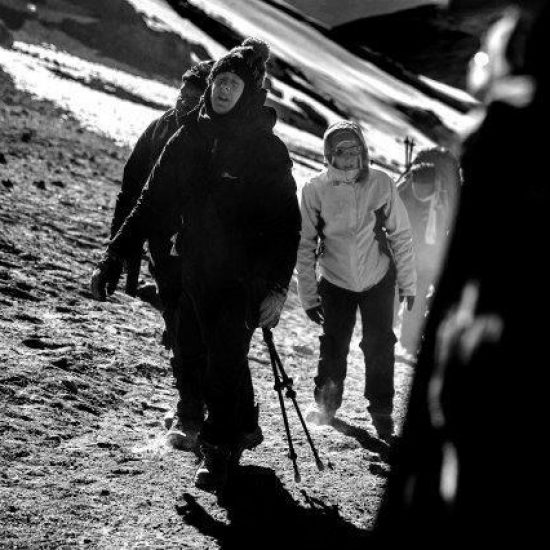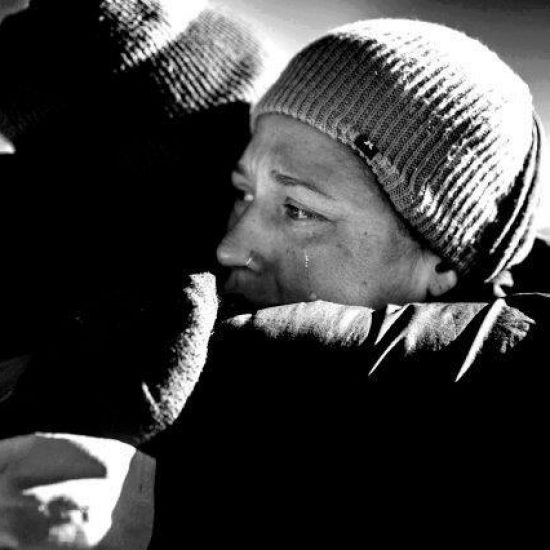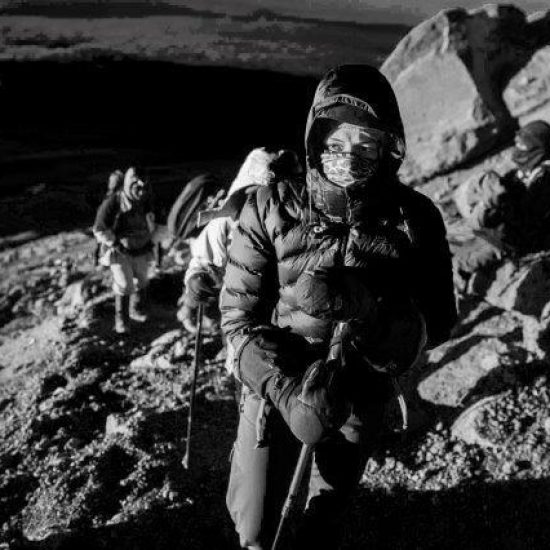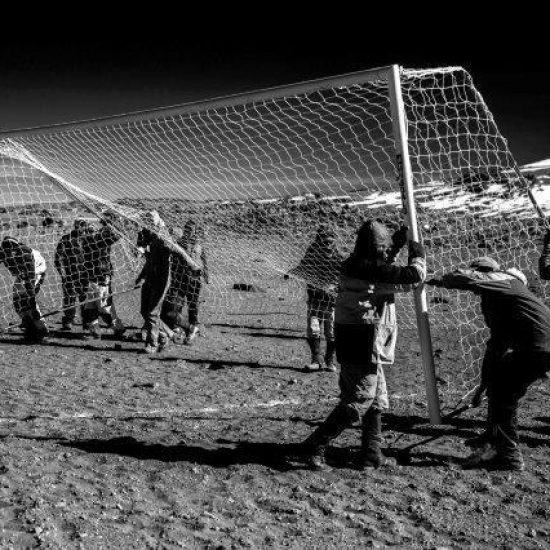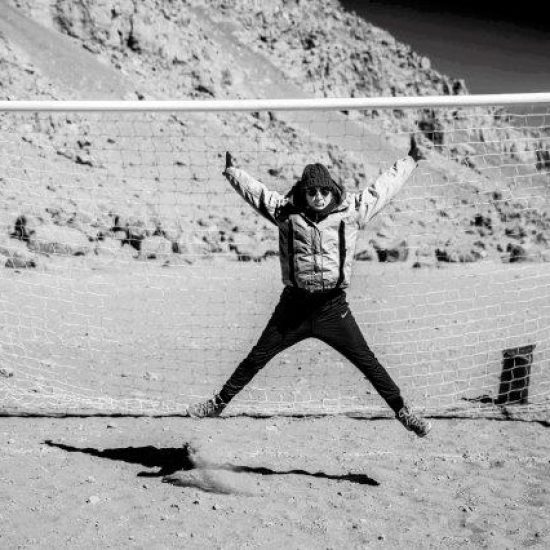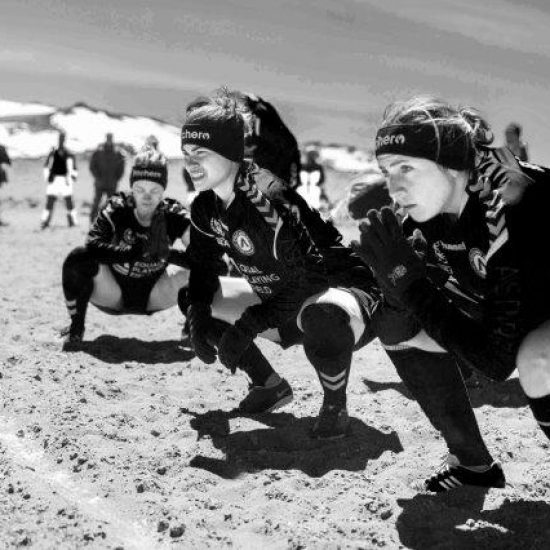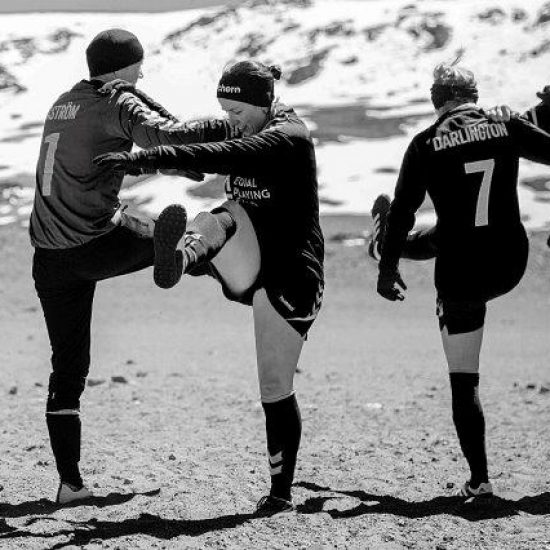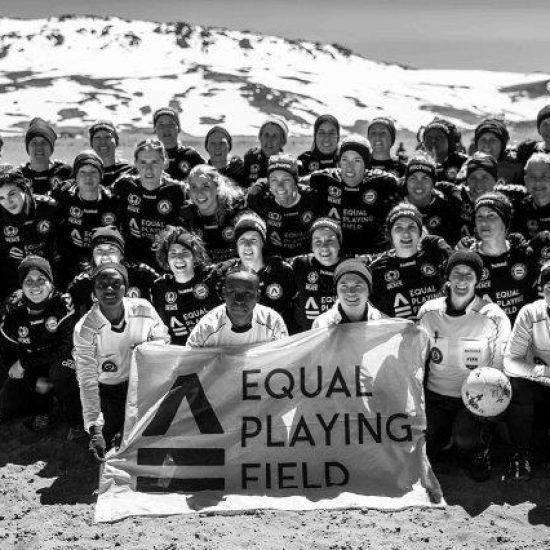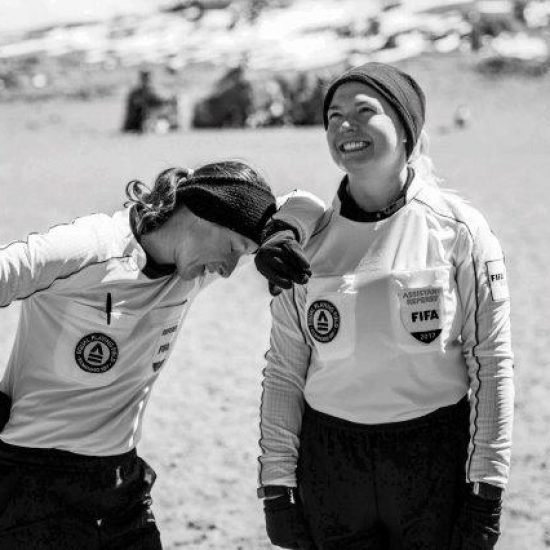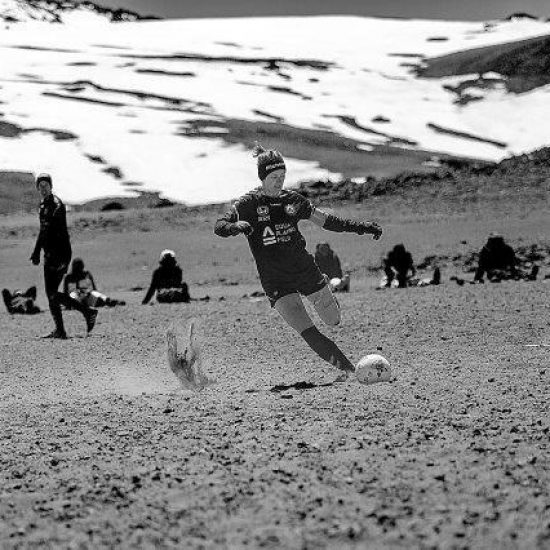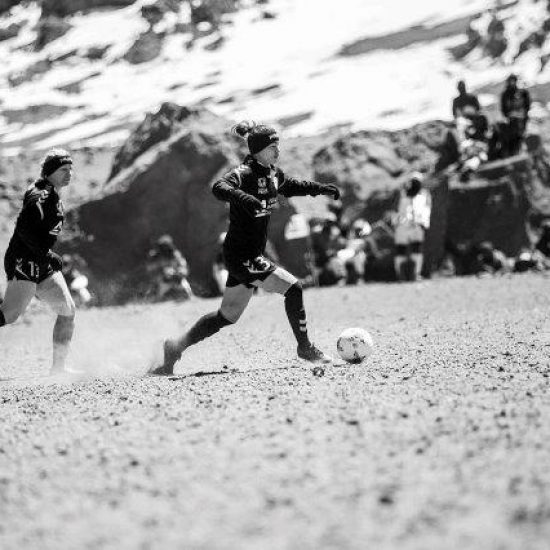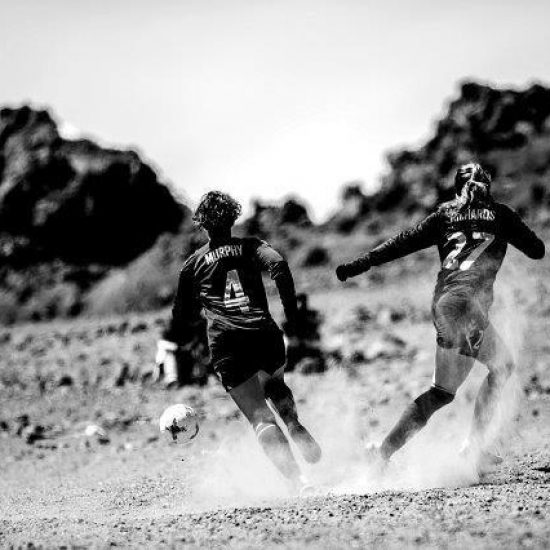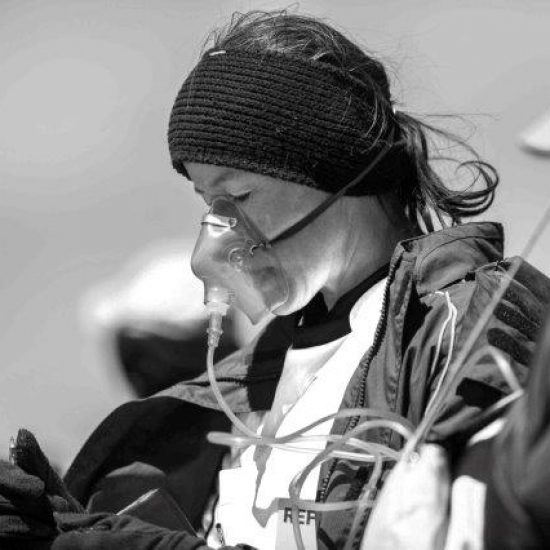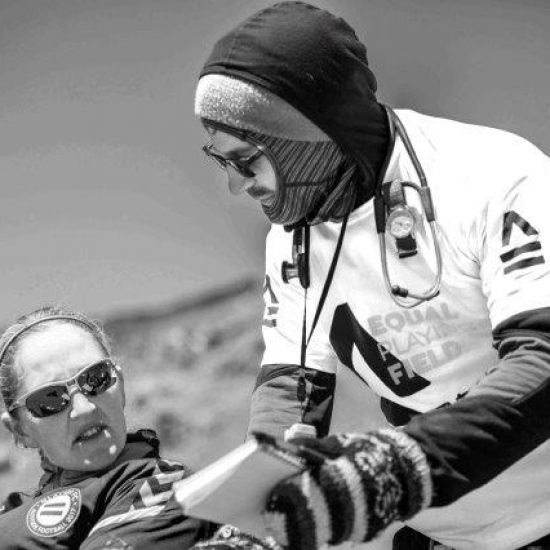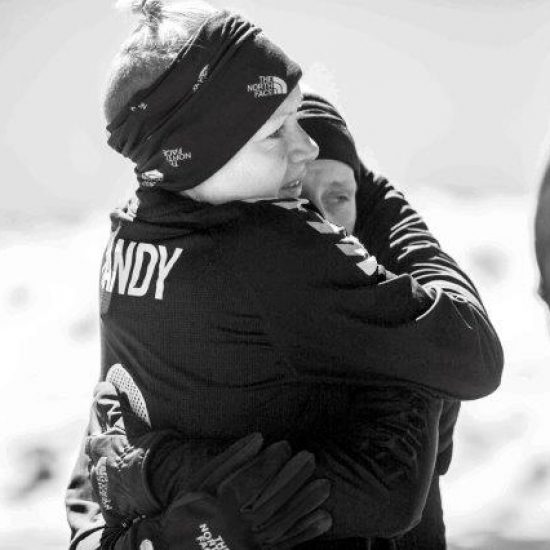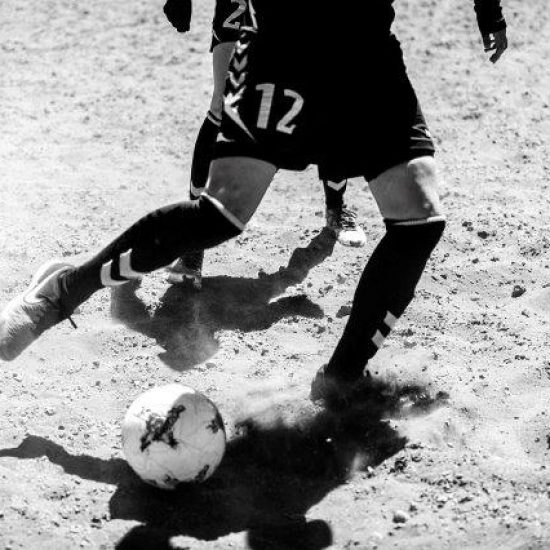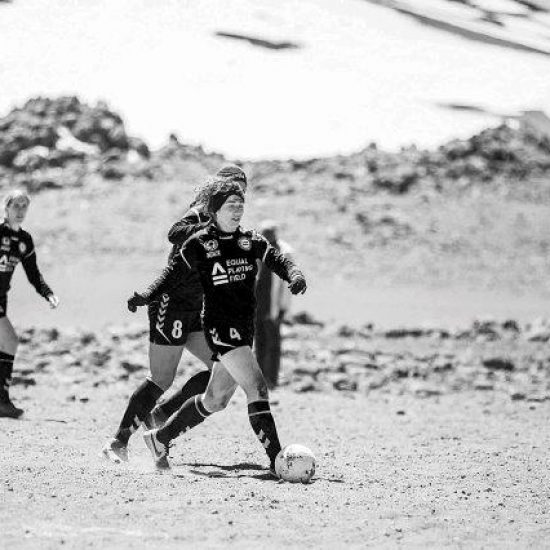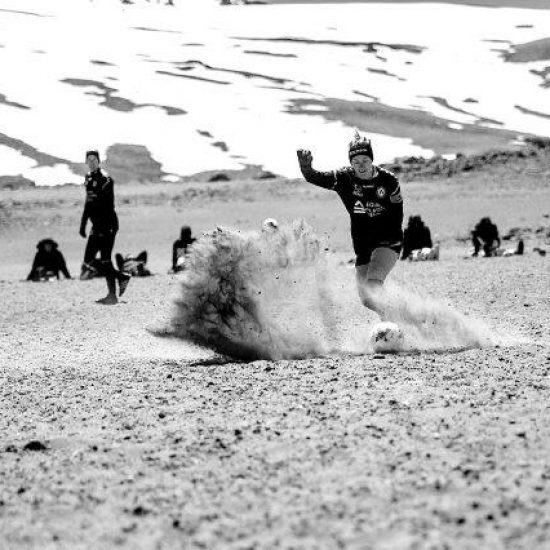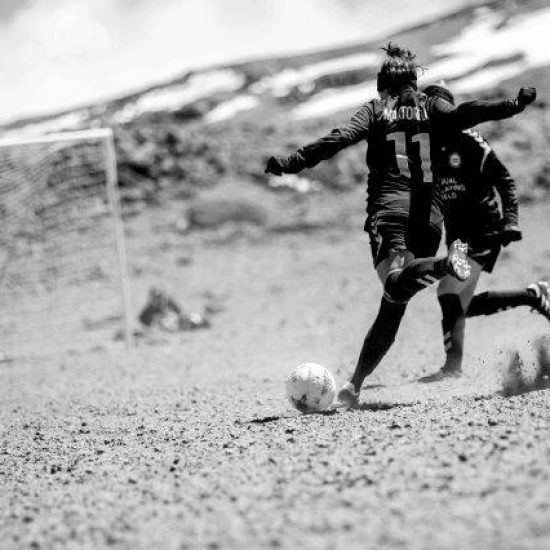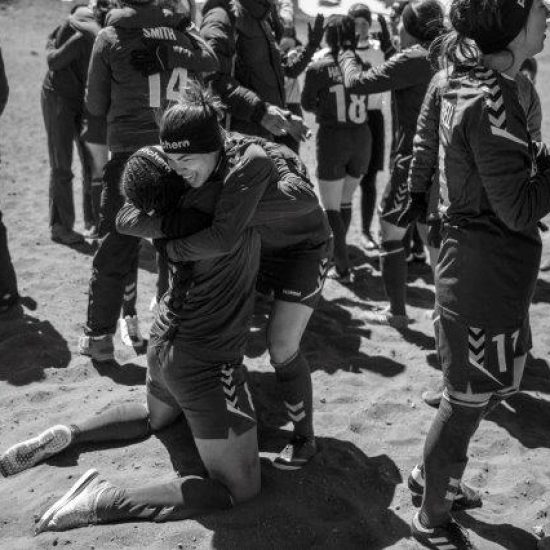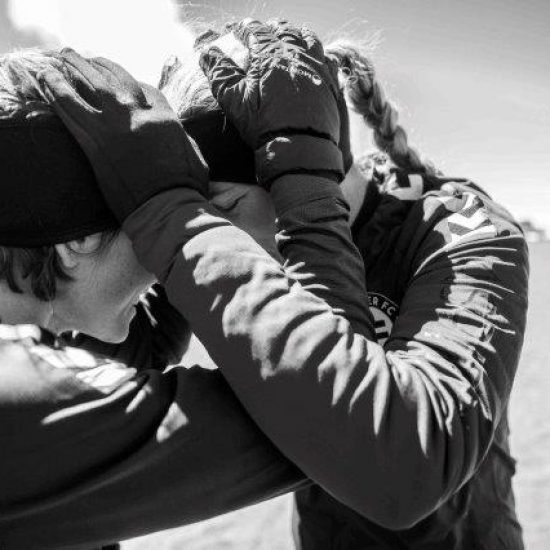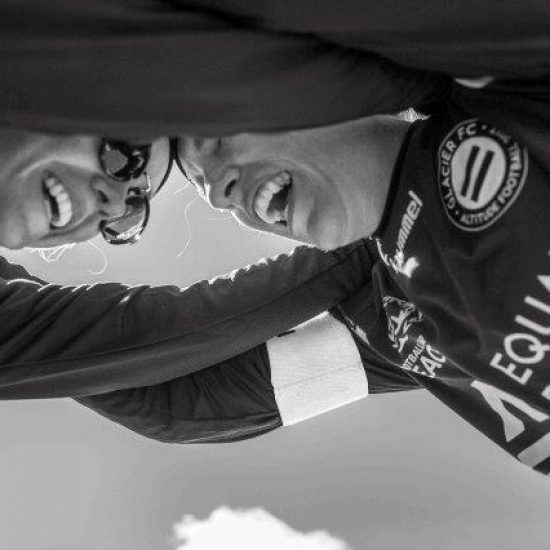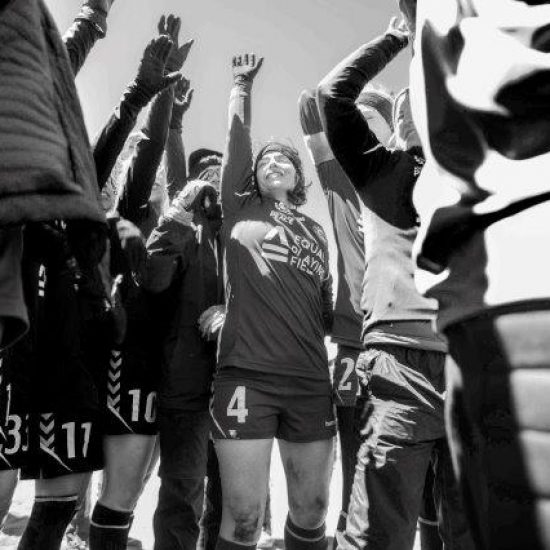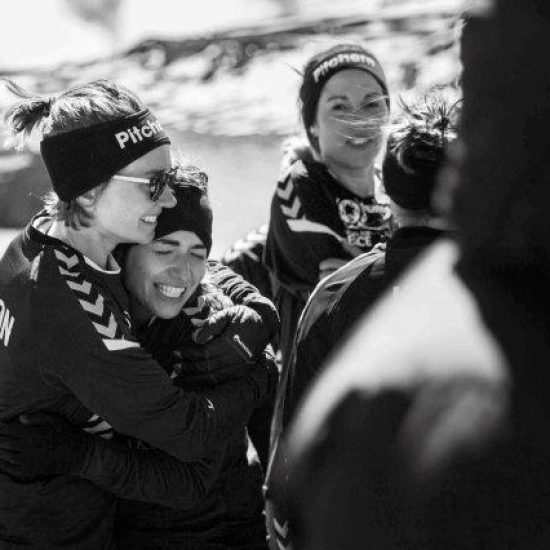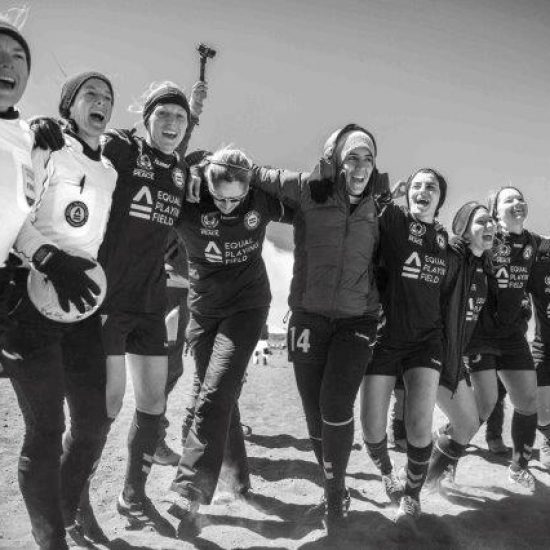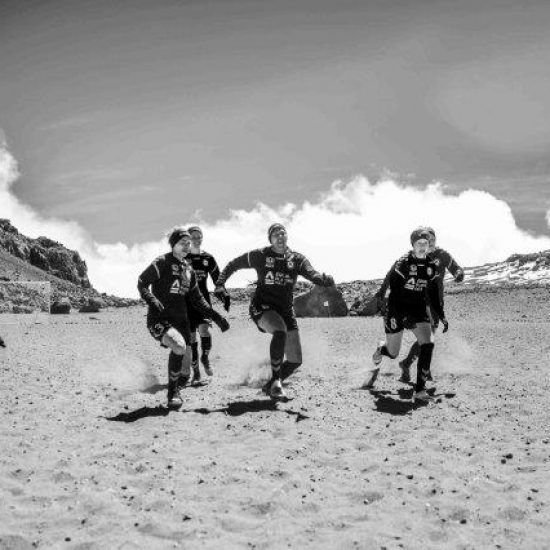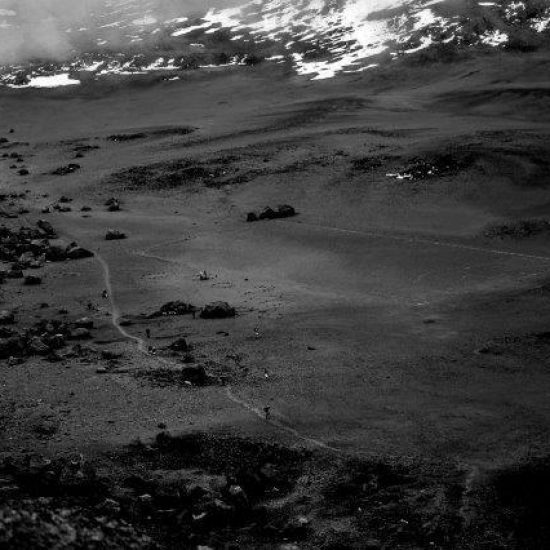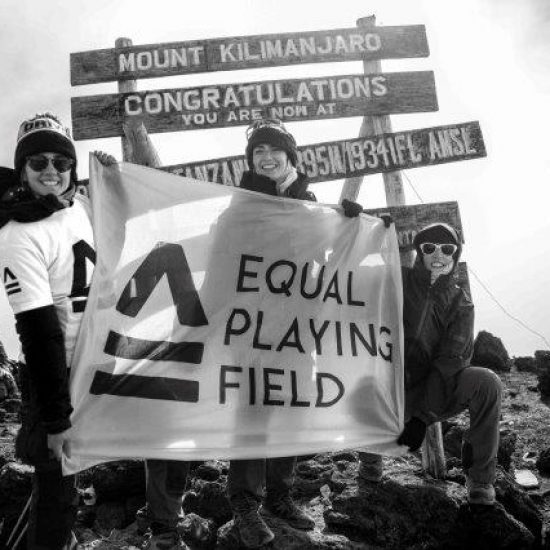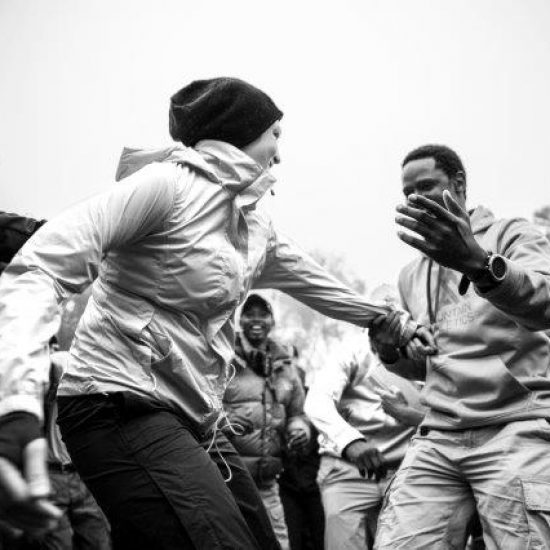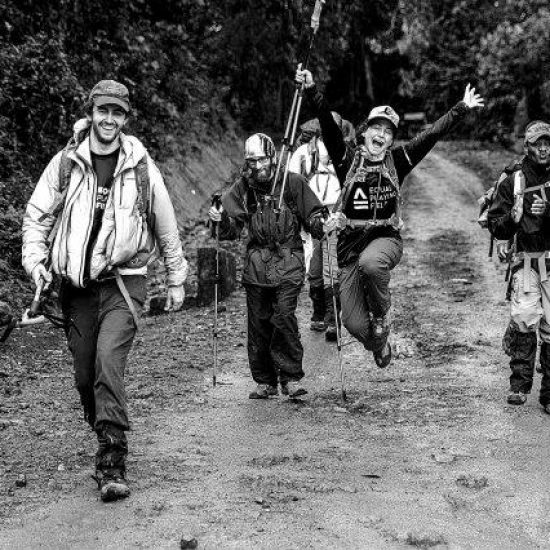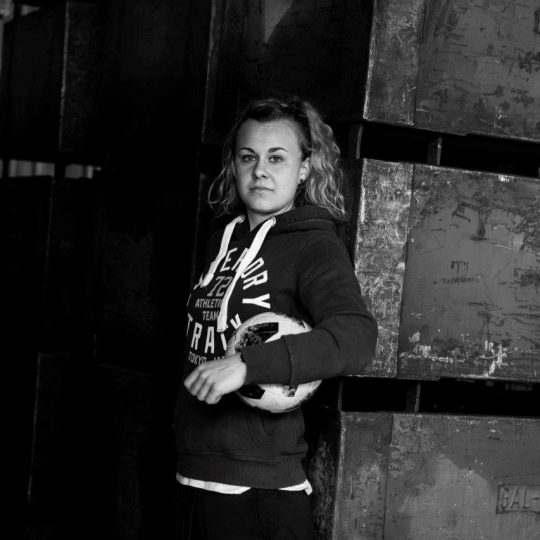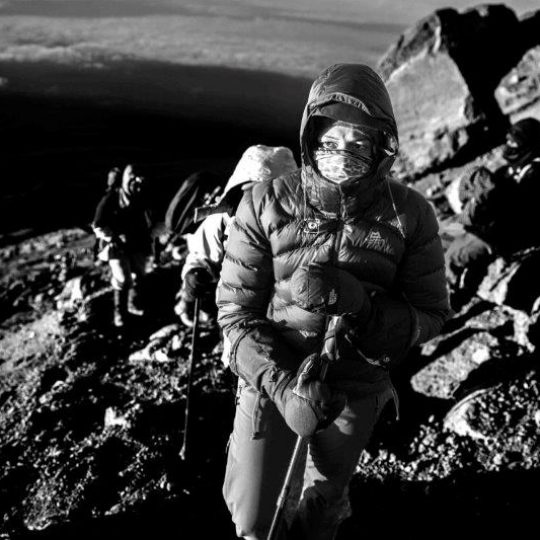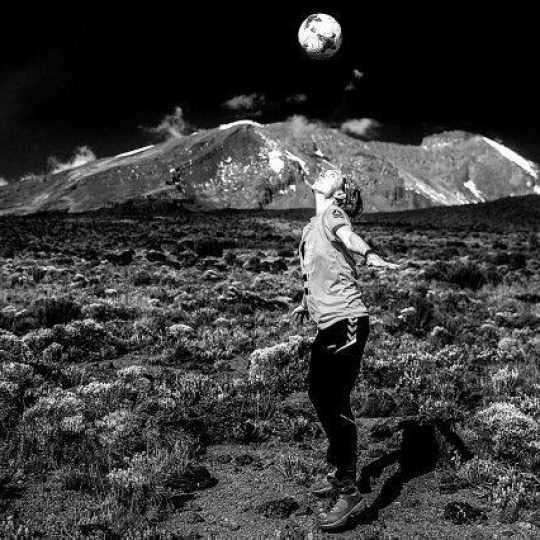The Playing Field Is Not Equal
In June 2017, 34 female soccer players from 24 countries scaled Mount Kilimanjaro to play the highest elevation soccer match ever played. With their powerful backstories woven in, I watched as these courageous women banded together and played the most challenging game of their lives. Striving to spread awareness for gender equality, these women fought and set a new Guinness World Record.
5714m. 34 women. 1 goal.
Mount Kilimanjaro is a delightfully daunting challenge for even the most seasoned of hikers. Most of them only stay at the summit for around 30 minutes. They watch the sunrise, take a quick selfie and bolt down to breathe in more oxygen again. Yet the Equal Playing Field (EPF) women were about to play a 90-minute match at 5714m.
EPF co-founder Laura Youngson sat on her sofa in Australia was frustrated and complained about how unfair it was that women don’t get the same treatment and respect as men, for a game for the sports they love. In today’s society, women are often underrepresented, under-supported and under-valued in professional sports. In some parts of the world, women are not even allowed to play sports at all. There are even more stories about horses than women in the sports pages and Laura wanted to change that. She had this crazy idea to play a football game where no one had ever played before and to convince the world otherwise. She shose Kilimanjaro because it has a nice flat playing surface at the top.
It was the perfect venue to achieve something special. Laura shared her vision with her friend Erin Blankenship and together they founded the Equal Playing Field. EPF seeks to challenge social norms for women and girls in sports and to bring light to the systematic inequality that women and girls face. EPF is battling injustices and teaching young girls to be strong and fight for their rights and dreams. EPF was not meant to be a PR stunt. It was meant as football game to showcase amazing women and highlight that sometimes female athletes have to literally climb a mountain just to get the support or media coverage they deserve. Men aren’t climbing for equality. They have it.
Although outnumbered on the trip, the men joined this journey made a huge difference to the cause. You can’t change the status quo without allies and advocates. And men who came, they understood why these women needed to climb a physical mountain and what kind of mountains they climb every day.
It’s hard graft, battling altitude sickness and minus-20 degree gusts just to reach the Echo of Africa’s peak. So to stage the world’s highest-elevation football match seems a fanciful goal. Yet that’s precisely what 34 female footballers did in June 2017 and played in a crater just below the 5895m summit on a FIFA approved pitch with full size goals and lines marked with flour. The two 11-player teams played a full 90-minute game at an altitude almost 2km higher than the highest stadium in the world. Kick-off proved a poignant moment for everyone involved, but starting the match was just the beginning. It was important this was also a competitive spectacle. The match was indeed surprisingly fast-paced and full-blooded and although it finished goalless there were countless chances. When the game ended the players fell to the ground in a mixture of jubilation, disbelief and sheer exhaustion. But with light fading they had to quickly find the energy to make the short but brutal climb to the summit.
While climbing Mt. Kilimanjaro was a onetime deal, the social impact of the Equal Playing Field Initiative is not. Breaking the world record for the highest altitude football match was only the beginning for Equal Playing Field. The women dispersed back across the world to work with local teams and organizations and run football clinics in different countries. This will support the development and sustainability of women’s football globally. And EPF’s next challenge is waiting: in April 2018 they want to break the next record, to play the lowest football game ever@ Dead Sea in Jordan.

